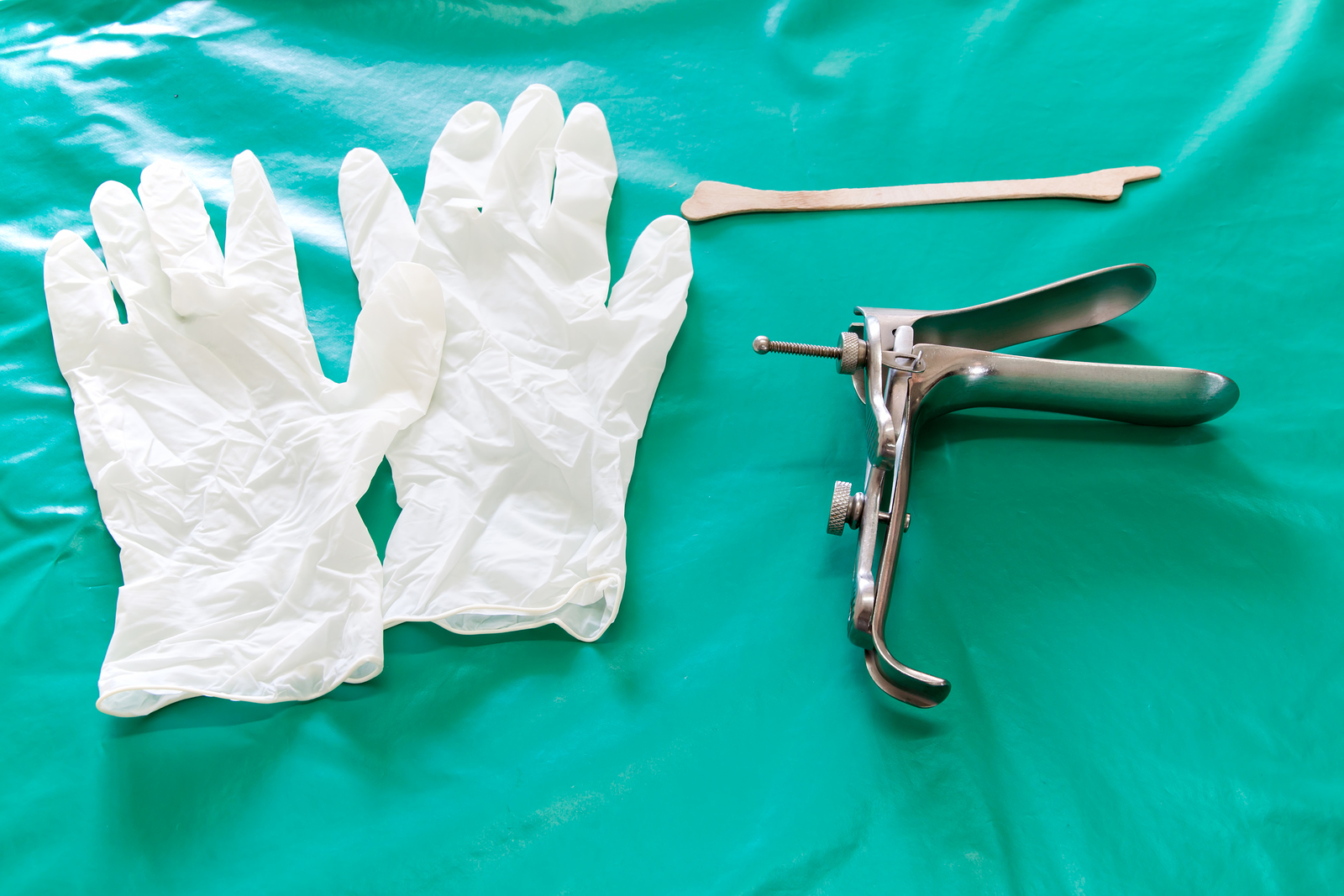Women are usually very surprised and worried if their Pap smear results are abnormal. They have several questions, and in some cases it’s difficult for them to even know what questions to ask their practitioner. We’ve tried to take some of the fear out of this equation by answering some of the most commonly asked questions women have about HPV and abnormal Pap test results.
Questions and answers about Pap testing and the human papilloma virus (HPV)
Q. “My primary care physician called to tell me my Pap test was positive for ‘high-risk HPV.’ I’m very worried about this. She referred me to another doctor for a colposcopy, but they found nothing unusual, so sent me back to my primary physician for follow up Pap tests. What will happen next?”
A. It sounds as though this was the appropriate chain of events. When your primary care provider saw that your Pap was positive for high-risk HPV, her response in sending you to a specialist my have been because not all clinicians are skilled in performing advanced testing procedures like colposcopy. Your Pap results may have been a false alarm, or else your body is recovering from the HPV virus you were exposed to. In either case, the colposcopy results are reassuring. Continuing to have follow ups as recommended by your provider is important to make sure you remain in good health. You can support your continued healing with excellent nutrition and other good self-care activities like moderate exercise, stress management and establishing good sleep routines.
Q. “I’ve been told that my genital warts were caused by HPV and that I will eventually get cervical cancer from them. Is this true? My Pap tests have always been normal.”
A. The strains of HPV virus that are responsible for genital warts are not usually the high-risk strains that are associated with cervical cancer. We can’t know though for sure how many or which strains of HPV you have been exposed to. It’s also impossible to predict which strains of the virus you’re likely to be exposed to in the future. Prevention and good health maintenance are essential. Some studies indicate an effective immune response is triggered by using the topical wart treatment known as Aldara (imiquimod). This may be one of the best treatment measures currently available for warts, and it may also provide an element of protection from the high-risk HPV strains, as will lifestyle adaptations. What I tell my patients is “the best treatment for HPV is to change the messages that the cells are getting with great nutrition.”
Q. “I always practice safe sex and use a condom. How did I get HPV? How was I not protected?”
A. HPV can be found anywhere in the genital region. Since condoms cover only part of the penis, there is extensive room beyond the condom for genital contact to occur and HPV to be transmitted. Practicing safe sex is very important in preventing other sexually transmitted diseases, but having an open and honest talk with your potential partner about STDs, and each of your sexual histories, prior to having sex is a very wise choice.
Q. “My practitioner said my Pap was ‘normal’, but she also told me ‘HPV is detected’, and wants me to schedule a follow-up appointment in six months. Is that right? From all my research it seems that an abnormal Pap is significant if HPV is detected. My practitioner also told me that my husband and I can ‘resume our normal lives’. This is confusing, because wouldn’t that mean that we were compromising our immune systems if the virus is present?”
A. Your results are not uncommon. Because of new viral technology, the HPV virus itself can be detected, separate from looking at the health of the tissue cells sampled. This is how the virus can be seen, even if the cells do not appear abnormal.
Different practitioners may use slightly different follow-up algorithms with this finding, depending on whether they follow the guidelines of the American College of Obstetricians and Gynecologists (ACOG), the American Society for Colposcopy and Cervical Pathology (ASCCP), or Planned Parenthood.
In most cases the virus will resolve, and remember 70% of the female population has HPV. Your practitioner will just want to watch you a little more closely, usually by retesting in six months. This is to make sure your cervical cells do stay normal and the virus becomes dormant, which means it becomes undetectable, due to the good response of your healthy immune system. So you have much more control than you think.







